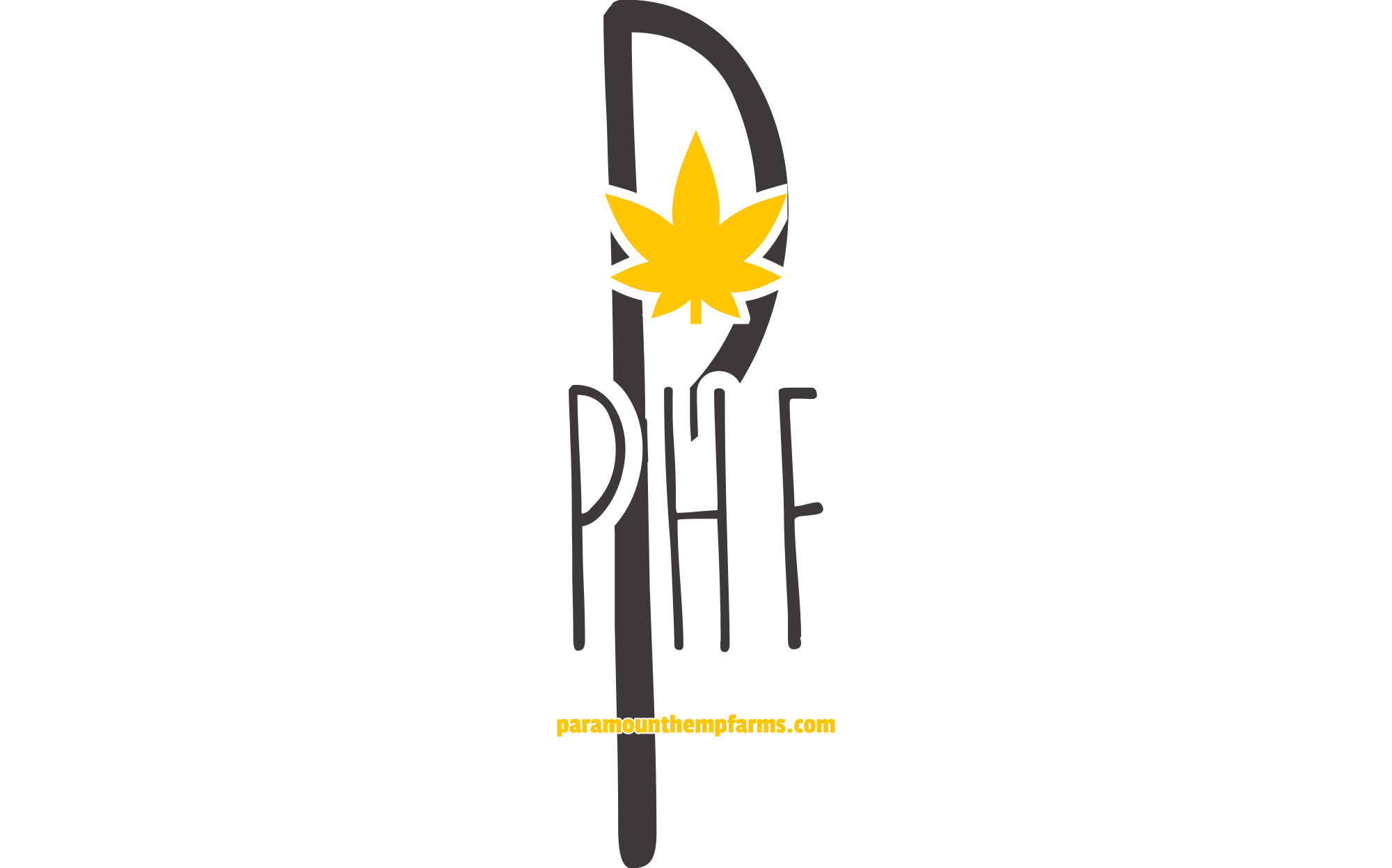Kratom’s Energetic Effects
Kratom, an herbal supplement derived from the Mitragyna speciosa tree, has gained popularity for its diverse effects, including its ability to modulate energy levels. Some users report experiencing a stimulating boost when consuming kratom, often characterized by increased alertness, focus, and motivation.
Stimulant Properties

The energetic effects of kratom are attributed to its interaction with opioid receptors in the brain. Kratom contains alkaloids, particularly mitragynine and 7-hydroxymitragynine, which bind to these receptors and exert both stimulant and sedative properties, depending on dosage. At lower doses, kratom can produce feelings of increased energy, improved focus, and heightened mental clarity.
Potential for Energy Boosting
The energetic effects of kratom are attributed to its interaction with opioid receptors in the brain. Kratom contains alkaloids, particularly mitragynine and 7-hydroxymitragynine, which bind to these receptors and exert both stimulant and sedative properties, depending on dosage. At lower doses, kratom can produce feelings of increased energy, improved focus, and heightened mental clarity.
However, it’s important to note that individual responses to kratom can vary widely, and the energetic effects may not be consistent for everyone. Factors such as dosage, strain, method of consumption, and personal metabolism can influence the experience.
Comparison to Caffeine
While kratom shares some similarities with caffeine in terms of its ability to boost energy levels, there are notable differences in their mechanisms of action and effects. Both substances stimulate the central nervous system, leading to increased alertness and focus.
- Caffeine primarily acts as an adenosine receptor antagonist, blocking the neurotransmitter responsible for promoting sleepiness. This leads to feelings of wakefulness and enhanced cognitive function.
- Kratom, on the other hand, interacts with opioid receptors in the brain, producing both stimulant and sedative effects depending on dosage.
At lower doses, kratom’s stimulation arises from its activation of mu-opioid receptors, leading to increased dopamine release in the brain. This contributes to feelings of energy, motivation, and focus.
It is essential to remember that both substances can have potential side effects and risks. Moderate caffeine consumption is generally considered safe for most individuals, but excessive intake can lead to anxiety, insomnia, and digestive issues. Kratom use can also carry risks, including addiction, withdrawal symptoms, and adverse interactions with other medications.
Energy Drinks and Kratom: A Growing Trend
The convergence of energy drinks and kratom is creating a fascinating new trend in the pursuit of heightened alertness and focus.
Increasing Popularity
While kratom’s energetic effects are primarily attributed to its interaction with opioid receptors, it shares some similarities with caffeine in terms of boosting energy levels. Both substances stimulate the central nervous system, leading to increased alertness and focus.
However, their mechanisms of action differ significantly. Caffeine primarily acts as an adenosine receptor antagonist, blocking the neurotransmitter responsible for promoting sleepiness, resulting in wakefulness and enhanced cognitive function.
Kratom, on the other hand, interacts with opioid receptors in the brain, producing both stimulant and sedative effects depending on the dosage.
At lower doses, kratom’s stimulation arises from its activation of mu-opioid receptors, leading to increased dopamine release in the brain. This contributes to feelings of energy, motivation, and focus.

The growing popularity of both energy drinks and kratom suggests a societal trend towards seeking enhanced mental performance and alertness.
Marketing Strategies
This convergence has sparked various marketing strategies aimed at capitalizing on this emerging consumer demand. Energy drink companies are increasingly incorporating kratom into their product formulations, hoping to leverage its purported cognitive enhancing properties and attract consumers seeking alternatives to traditional caffeine.
These brands often emphasize the “natural” aspect of kratom, positioning it as a healthier alternative to synthetic stimulants. Marketing materials may highlight kratom’s potential benefits for focus, energy, and stress management, appealing to individuals looking for natural ways to boost their mental performance.
Kratom-specific brands also employ targeted marketing strategies to reach their intended audience. They often utilize online platforms, social media, and influencer marketing to connect with consumers interested in alternative wellness practices. These campaigns often emphasize kratom’s potential for promoting relaxation, stress reduction, and overall well-being.
The intersection of energy drinks, kratom, and mindfulness practices presents a complex landscape. While these substances may offer perceived benefits, it is crucial to approach them with caution and awareness of their potential risks. Consumers should thoroughly research the potential effects of both kratom and energy drinks before incorporating them into their routines.
Consumer Motivations
The growing popularity of energy drinks and kratom reflects a societal trend toward seeking enhanced mental performance and alertness. This convergence has sparked various marketing strategies aimed at capitalizing on this emerging consumer demand.
Energy drink companies are increasingly incorporating kratom into their product formulations, hoping to leverage its purported cognitive enhancing properties and attract consumers seeking alternatives to traditional caffeine.
These brands often emphasize the “natural” aspect of kratom, positioning it as a healthier alternative to synthetic stimulants. Marketing materials may highlight kratom’s potential benefits for focus, energy, and stress management, appealing to individuals looking for natural ways to boost their mental performance.
Kratom-specific brands also employ targeted marketing strategies to reach their intended audience. They often utilize online platforms, social media, and influencer marketing to connect with consumers interested in alternative wellness practices. These campaigns often emphasize kratom’s potential for promoting relaxation, stress reduction, and overall well-being.
The intersection of energy drinks, kratom, and mindfulness practices presents a complex landscape. While these substances may offer perceived benefits, it is crucial to approach them with caution and awareness of their potential risks. Consumers should thoroughly research the potential effects of both kratom and energy drinks before incorporating them into their routines.
Mindfulness Practices and Energy Consumption
The growing trend of seeking enhanced mental performance has led to a fascinating convergence: energy drinks infused with kratom, an herbal supplement known for its stimulating effects. This intersection raises intriguing questions about how these substances interact with mindfulness practices aimed at promoting focus and well-being.
Stress Reduction Benefits
The growing trend of seeking enhanced mental performance has led to a fascinating convergence: energy drinks infused with kratom, an herbal supplement known for its stimulating effects. This intersection raises intriguing questions about how these substances interact with mindfulness practices aimed at promoting focus and well-being.
- Mindfulness practices, such as meditation and deep breathing exercises, aim to cultivate present moment awareness and reduce stress. They can potentially enhance focus and cognitive clarity without relying on external stimulants.
- Energy drinks and kratom, while offering temporary boosts in energy and alertness, may interfere with the subtle shifts in awareness and emotional regulation that mindfulness practices seek to achieve.
The combination of kratom-infused energy drinks and mindfulness practices could create a complex interplay of effects. While kratom’s stimulating properties might initially enhance focus, it could potentially lead to dependence or withdrawal symptoms over time. Mindfulness practices, on the other hand, promote sustainable well-being by addressing underlying stress and emotional triggers.
The Role of Energy in Mindfulness
The intersection of energy drinks and mindfulness practices raises intriguing questions about how these seemingly disparate concepts interact. Energy drinks, with their caffeine and often artificial stimulants, aim to provide a quick boost in alertness and focus. Mindfulness practices, on the other hand, cultivate present moment awareness and reduce stress through techniques like meditation and deep breathing.
While both aim for enhanced focus, they approach it from different angles. Energy drinks offer a temporary external stimulation, while mindfulness practices foster an internal sense of clarity and calm.
The energy boost from kratom-infused drinks might initially seem conducive to mindfulness practice by sharpening attention. However, the stimulating effects could potentially interfere with the subtle shifts in awareness and emotional regulation that mindfulness seeks to cultivate.
Furthermore, relying on external stimulants for focus may hinder the development of intrinsic motivation and self-awareness that are central to mindfulness. Mindfulness encourages a non-judgmental observation of thoughts and emotions without needing to constantly chase external stimulation.
It’s important to consider the potential risks associated with relying on kratom or energy drinks for focus. Both can lead to dependence, withdrawal symptoms, and other adverse effects if used excessively. Mindfulness practices, when practiced consistently, offer a sustainable path towards enhanced focus and well-being without these risks.
Potential Conflicts
The intersection of energy drinks and mindfulness practices raises intriguing questions about how these seemingly disparate concepts interact. Energy drinks, with their caffeine and often artificial stimulants, aim to provide a quick boost in alertness and focus. Mindfulness practices, on the other hand, cultivate present moment awareness and reduce stress through techniques like meditation and deep breathing.
While both aim for enhanced focus, they approach it from different angles. Energy drinks offer a temporary external stimulation, while mindfulness practices foster an internal sense of clarity and calm.
The energy boost from kratom-infused drinks might initially seem conducive to mindfulness practice by sharpening attention. However, the stimulating effects could potentially interfere with the subtle shifts in awareness and emotional regulation that mindfulness seeks to cultivate.
Furthermore, relying on external stimulants for focus may hinder the development of intrinsic motivation and self-awareness that are central to mindfulness. Mindfulness encourages a non-judgmental observation of thoughts and emotions without needing to constantly chase external stimulation.
It’s important to consider the potential risks associated with relying on kratom or energy drinks for focus. Both can lead to dependence, withdrawal symptoms, and other adverse effects if used excessively. Mindfulness practices, when practiced consistently, offer a sustainable path towards enhanced focus and well-being without these risks.
Balancing Energy and Awareness
The modern quest for enhanced mental performance has led to an intriguing convergence: energy drinks infused with kratom, a natural supplement known for its stimulating properties. This intersection raises compelling questions about the interplay between these substances and mindfulness practices, which seek to cultivate focus and well-being through internal awareness.
Mindful Consumption of Kratom-Infused Energy Drinks
Balancing energy levels and cultivating mindfulness requires a thoughtful approach, especially when considering substances like kratom in energy drinks. While kratom can provide a temporary boost in alertness and focus due to its interaction with opioid receptors, it’s crucial to be aware of potential risks and dependencies.
Mindfulness practices, on the other hand, offer a path toward sustainable well-being by fostering self-awareness, emotional regulation, and a deeper connection with the present moment. Combining these practices can create a powerful synergy for enhancing focus and managing energy levels.
To effectively balance energy and awareness, consider the following:
1. **Mindful Consumption:** If choosing to incorporate kratom or kratom-infused beverages, do so consciously and in moderation. Pay attention to your body’s response and be aware of potential side effects.
2. **Prioritize Mindfulness Practices:** Dedicate time to mindfulness exercises like meditation, deep breathing, or mindful movement. These practices cultivate a sense of calm and clarity, promoting focus without relying on external stimulants.
3. **Listen to Your Body:** Pay attention to your energy levels throughout the day. Identify patterns and triggers that affect your energy balance. Adjust your consumption habits and mindfulness practices accordingly.
4. **Seek Professional Guidance:** If you’re considering incorporating kratom or struggling with energy management, consult a healthcare professional for personalized advice and support.
5. **Embrace Natural Energy Sources:** Explore natural ways to boost energy levels, such as getting enough sleep, eating a balanced diet, and engaging in regular physical activity.

By integrating mindfulness practices into your routine and approaching kratom and energy drinks with conscious awareness, you can cultivate a sustainable path toward optimal energy balance and mental well-being.
Integrating Kratom with Meditation or Yoga
Balancing energy levels and cultivating mindfulness requires a thoughtful approach. Kratom, an herbal supplement derived from the Mitragyna speciosa tree, is gaining popularity for its ability to modulate energy levels. However, it’s important to be aware of its potential side effects and dependencies.
Mindfulness practices, on the other hand, offer a path towards sustainable well-being by fostering self-awareness, emotional regulation, and a deeper connection with the present moment. These practices can be effectively integrated with energy management strategies, creating a powerful synergy for enhancing focus and managing energy levels.
When considering incorporating kratom or kratom-infused beverages, do so consciously and in moderation. Pay attention to your body’s response and be aware of potential side effects. Prioritize mindfulness exercises like meditation or deep breathing. These practices cultivate a sense of calm and clarity, promoting focus without relying on external stimulants.
Listen to your body’s cues and identify patterns that affect your energy balance. Adjust your consumption habits and mindfulness practices accordingly. If you have concerns about kratom use or are seeking personalized guidance, consult a healthcare professional. Remember, natural energy sources like sufficient sleep, a balanced diet, and regular physical activity contribute significantly to overall well-being.
Finding Balance for Enhanced Wellbeing
Finding balance between energy levels and mindfulness is crucial for overall well-being. While substances like kratom, with its stimulating properties, can offer a temporary boost, relying solely on external stimulants may not lead to sustainable focus or well-being.
Mindfulness practices, on the other hand, provide a path towards cultivating internal awareness and emotional regulation, leading to long-term benefits for mental clarity and energy management.
To achieve this balance:
1. **Be Mindful of Consumption:** If you choose to use kratom or kratom-infused drinks, do so consciously and in moderation. Pay attention to your body’s response and potential side effects.
2. **Prioritize Mindfulness Practices:** Regularly engage in mindfulness exercises like meditation, deep breathing, or mindful movement. These practices help cultivate a sense of calm, clarity, and focus without relying on external stimulants.
3. **Listen to Your Body:** Pay attention to your energy levels throughout the day. Identify patterns and triggers that affect your energy balance. Adjust your consumption habits and mindfulness practices accordingly.
4. **Explore Natural Energy Sources:** Embrace natural ways to boost energy levels, such as getting enough sleep, eating a balanced diet, and engaging in regular physical activity.
5. **Seek Professional Guidance:** If you have concerns about kratom use or are struggling with energy management, consult a healthcare professional for personalized advice and support.
Kratom-infused drinks to boost your mood
I Like Corbyn But
K Girls Closet

